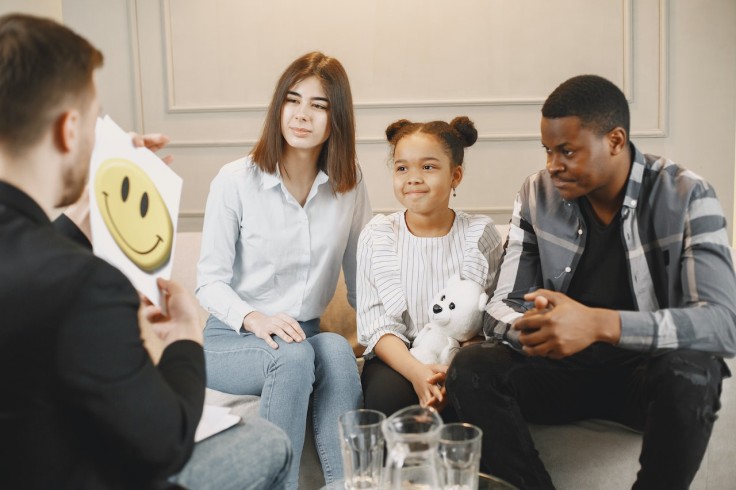
An urgent warning was issued last year that the mental health crisis among children has drastically increased and become so evident that it is now classified as a national emergency.
The American Academy of Pediatrics, the Children's Hospital Association, and the American Academy of Child and Adolescent Psychiatry, represented by more than 77,000 physicians and 200 children's hospitals, declared the national emergency after seeing that the past couple of years has strongly and negatively impacted children's mental health.
These health experts explained that there was already a steady rise in the rates of childhood mental health in the past decade. However, the COVID-19 pandemic and issues of racial inequality pushed and intensified the crisis, making it even worse.
They pointed out a study showing an increase in the percentage of emergency department visits for mental health emergencies in 2020 compared to 2019. A 24 percent increase was seen for visits from children between five to 11 years old and a 31 percent increase for 12 to 17 years old.
With this, parents are urged to bring their children into therapy and give their full support and assistance at home.
Both parents and kids should be comfortable with therapy
Throw the denial, shame, and stigmas down the drain and prioritize children's health and well-being.
Parents should be entirely sold for their children's mental health therapy. The security and comfort of the parents will overflow to their children, and the treatment will be a success. Not a smooth, perfect journey, but it will be effective and victorious in the end, with the children knowing that their parents are with them on their journey to healing.
Once parents' hearts and minds are settled and fully willing, they now have the task of making their children comfortable with therapy.
Child psychologist and author of the book "Has Your Child Been Traumatized? How to Know and What to Do to Promote Healing and Recovery," Melissa Goldberg-Mintz explained, "The first step is helping your kid get in the door. A lot of times, kids are resistant to therapy." This is usually because of stigma or trauma, having already had a bad experience with therapy before.
Goldberg-Mintz recommends that parents ask questions and allow a safe space for their children to express concerns or past difficulties and experiences regarding therapy. Moreover, she suggests that parents present options to their children, whether choosing between a male or female therapist, a morning or afternoon session, or face to face or virtual session. Children will be more comfortable and secure knowing they have a say in decision-making and what they say matters.
The evident presence of parents is also very essential. Once the child has already agreed to have therapy, parents should consistently make an effort to show and express their support. One of the simplest yet impactful acts of support is to show up and be physically present during their children's sessions, not necessarily to be with them inside the room but to be there outside waiting. This is telling the child that they are not alone.
How to show support at home
A child's therapy doesn't just end at the psychologist's clinic. Therapy continues before and after the session. Thus it is significant for parents to show support at home.
Home should be a safe place for a child going through therapy. The child should feel that they are not obligated to talk about everything that has happened during the session. Parents should not "pepper" their children with questions after therapy sessions, added Goldberg-Mintz in an article for LifeHacker. Respect their vulnerable stage and their private space. Do not worry too much about what happened or did not happen during the session because allowing children a safe place will make them share once they are ready. Parents should be patient with their children.
It is also important that children's fears and worries are validated and normalized at home. This will go a long way to make them feel supported. Parents should not dismiss their worries and fears, even unintentionally or even if it's coming from a good place. Saying things like "Everything will be fine," "It is going to be alright," or "All is well," can be dismissive and invalidating.
Parents and children should spend quality time together, doing something that both enjoys and away from talking about therapy or mental health. This is one way to deepen relationships with each other, which will result in openness and comfortability to share.
In the long run, parents should consider a "feedback session" with their children's therapist to know if the therapy is working or if there are things needed to be changed. This is especially true for younger children who are not yet as expressive and communicative as teenagers.
Related Article: Children's Mental Health: Mental Problems Can Start At Age 14, Long Term Cure Is Necessary For Restoration